To provide the best experiences, we use technologies like cookies to store and/or access device information. Consenting to these technologies will allow us to process data such as browsing behaviour or unique IDs on this site. Not consenting or withdrawing consent, may adversely affect certain features and functions.
The technical storage or access is strictly necessary for the legitimate purpose of enabling the use of a specific service explicitly requested by the subscriber or user, or for the sole purpose of carrying out the transmission of a communication over an electronic communications network.
The technical storage or access is necessary for the legitimate purpose of storing preferences that are not requested by the subscriber or user.
The technical storage or access that is used exclusively for statistical purposes.
The technical storage or access that is used exclusively for anonymous statistical purposes. Without a subpoena, voluntary compliance on the part of your Internet Service Provider, or additional records from a third party, information stored or retrieved for this purpose alone cannot usually be used to identify you.
The technical storage or access is required to create user profiles to send advertising, or to track the user on a website or across several websites for similar marketing purposes.
 Millions of Brits give up more than a month of time each year by working additional unpaid hours, totalling five years overtime in their working life, according to new research by Hitachi Personal Finance. In a poll conducted for this year’s National Work Life Week, data suggests how much time Brits are spending working past their contracted hours and what else the nation could be doing with this time. (more…)
Millions of Brits give up more than a month of time each year by working additional unpaid hours, totalling five years overtime in their working life, according to new research by Hitachi Personal Finance. In a poll conducted for this year’s National Work Life Week, data suggests how much time Brits are spending working past their contracted hours and what else the nation could be doing with this time. (more…)




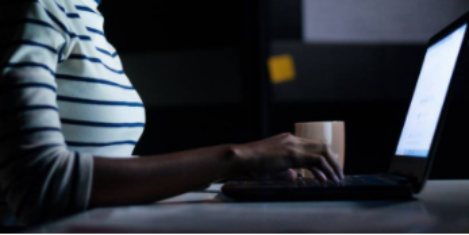


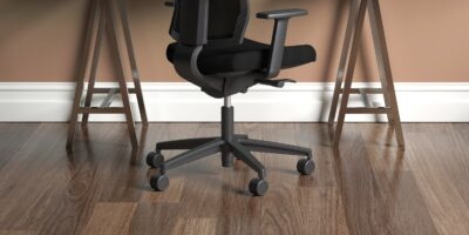
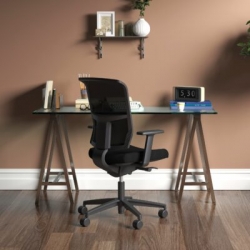


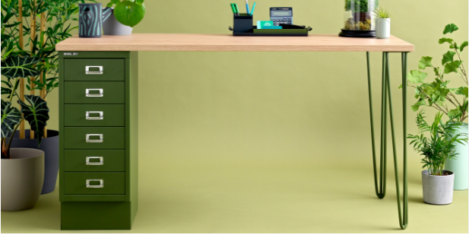
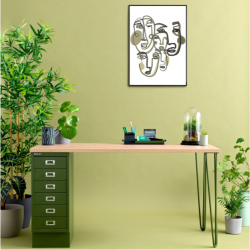 Bisley’s award-winning MultiDrawer has firmly established itself as a much-loved piece of furniture since it was designed by Freddie Brown in 1958 and is found in many forms within the traditional office or the home. Now, as part of their new Belong collection, Bisley has launched the
Bisley’s award-winning MultiDrawer has firmly established itself as a much-loved piece of furniture since it was designed by Freddie Brown in 1958 and is found in many forms within the traditional office or the home. Now, as part of their new Belong collection, Bisley has launched the 
 Cloud-based access control company
Cloud-based access control company 
 Over half (52 percent) of UK workers think we will see a “reverse brain drain” of talent migration away from big cities like London and Manchester towards regional areas as a result of COVID-19, according to latest research from the
Over half (52 percent) of UK workers think we will see a “reverse brain drain” of talent migration away from big cities like London and Manchester towards regional areas as a result of COVID-19, according to latest research from the 


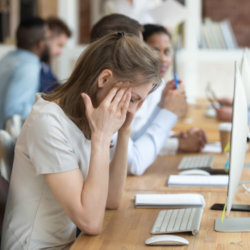 A new survey conducted by
A new survey conducted by 

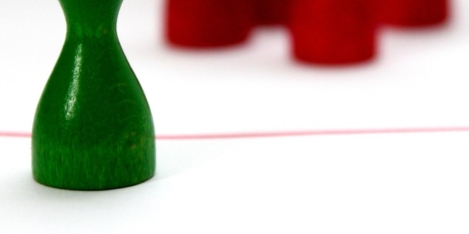









October 28, 2020
It`s not just businesses that need to wake up to changes in the way we work. Governments do too
by Jeremy Stein • Comment, Workplace design